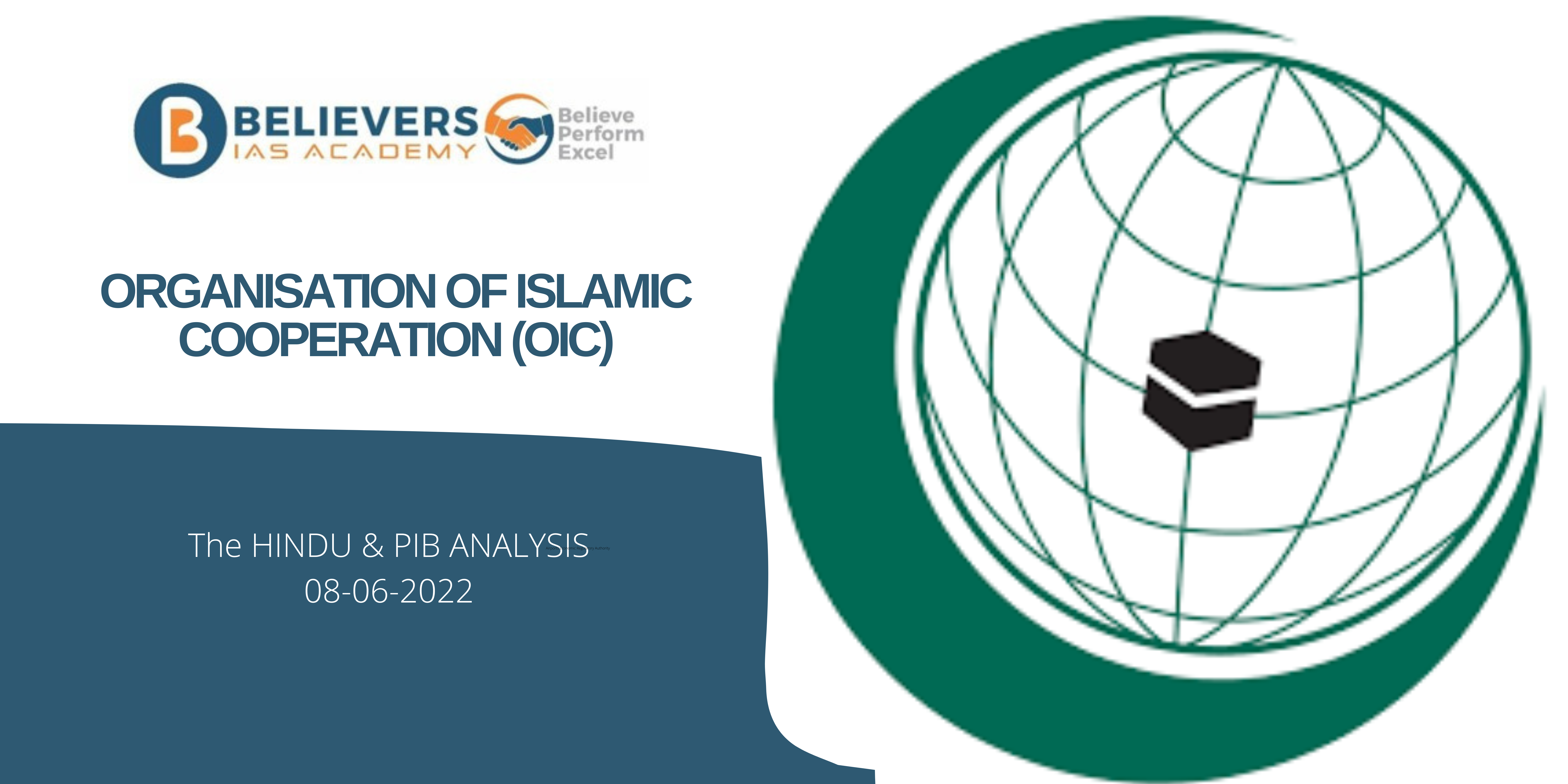Global Standards & Intellectual Property Rights (IPR)
Context:
The National Telecommunications Institute for Policy Research, Innovation and Training (NTIPRIT) in Ghaziabad organized a pivotal workshop on “Global Standards & IPR” in celebration of World Telecommunication and Information Society Day on May 17, 2024.
Relevance:
Syllabus: GS-2, International Relations
Details:
- This workshop served as a precursor to the World Telecommunication Standardization Assembly (WTSA-24), which India is set to host in October 2024.
- The focus was on reducing the standardization gap and enhancing the capacity of faculty members from engineering colleges in Delhi and NCR.
Objectives and Focus:
- Bridging the Standardization Gap: The workshop aimed to deepen the understanding and application of global standards and intellectual property rights (IPR) among national stakeholders.
- Capacity Building: It targeted equipping faculty members from engineering colleges in Delhi and NCR with the necessary knowledge and tools for standardization in telecommunications.
- Global Collaboration: Emphasized the importance of international collaboration in standardization to drive innovation and technological progress.
Significance- National and Global Impact:
- Enhanced Participation: The workshop set the groundwork for increased involvement of Indian experts in WTSA-2024.
- Educational Advancement: It promoted the integration of global standards into the curricula of engineering colleges, fostering a deeper understanding of telecommunications standards and IPR among future engineers.
- Innovation and Competitiveness: Highlighted the crucial role of standards and IPR in spurring innovation and maintaining global market competitiveness.
- Forging Global Partnerships: Provided a platform for national stakeholders to align with international best practices and establish partnerships with global entities.
- Standardization in Education: Encouraged collaboration between academic institutions and international organizations like the International Telecommunication Union (ITU) to promote standardization in technical education.




